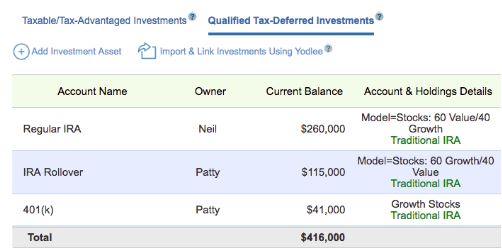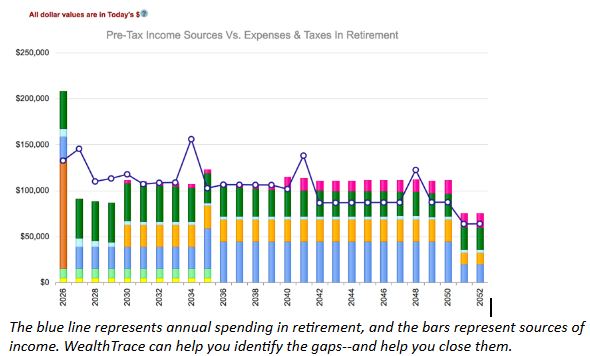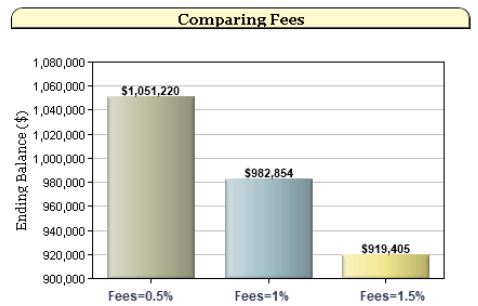
Once ChatGPT became available to the public in November 2022, it stirred as much fear as it did excitement. Many professionals have long been worried that automation and artificial intelligence (AI) technology would threaten their jobs. With ChatGPT being so accessible and many people visiting the site to try it for themselves, a notable number of professionals soon began worrying that ChatGPT would cost them their jobs. If you’re among them, here’s what you need to know about whether ChatGPT could lead to job losses.
The Most Likely Outcome for Most Professionals
Currently, the bulk of professionals likely has little to worry about overall. ChatGPT is a solid performer when it comes to generating text, but it’s by no means perfect. One of the most significant challenges with ChatGPT is that it can’t guarantee accuracy when it shares information. There are plenty of examples where ChatGPT seemingly lied or falsified information, including citing legal cases that don’t exist in legal documents it created.
With issues like that being possible, eliminating professionals from the equation en masse isn’t likely to occur any time soon. Instead, AI tools like ChatGPT are more likely to become a supplement. Essentially, it’ll be a service that professionals can leverage in specific situations to expedite their work but not wholly replace them in an organization.
The idea of it being complementary is also supported by many companies being hesitant about using ChatGPT in certain contexts. ChatGPT can’t guarantee privacy, as information given to it to generate text is stored by the company behind the technology. As a result, sharing sensitive or proprietary information with ChatGPT is risky, and it may even violate privacy and data security laws, depending on what it’s given.
Now, does this mean that no jobs are at risk? No, it doesn’t. A study by Goldman Sachs stated that 300 million jobs worldwide could be impacted by AI, with white-collar jobs being most at risk as a category.
Jobs That Are Most At-Risk Due to ChatGPT
Tech – Programmers, Coders, Data Analysts, Software Engineers
ChatGPT and similar generative AI tools are capable of writing code in a variety of programming languages. Additionally, AI technology is allowing for the automation of a wide range of common tech tasks, so it could displace a significant amount of work that’s usually handled by people.
While these AI tools will likely operate in a supportive role initially, as they become more efficient and their accuracy is proven, it could mean that companies require fewer employees. In turn, positions may get eliminated. Still, since there’s a broad shortage of these types of professionals, the impact of those staffing reductions may be minimal at first, with companies essentially cutting positions they weren’t successfully filling. But in time, that equation could shift.
Media – Writing, Ad Creation, Journalism, Content Creation
Media jobs often have a significant writing component, which puts them in the crosshairs of technologies like ChatGPT. ChatGPT has shown itself to be incredibly competent when it comes to spelling, grammar, and language use, at least in languages that are widely used on the internet.
However, while ChatGPT can potentially write more efficiently than people, inaccurate information is a risk when using the technology. Plus, even though ChatGPT performs admirably in a technical sense, it lacks the human judgment that’s often necessary in these roles. But that doesn’t mean it couldn’t lead to staff reductions, just that it’s unlikely to eliminate all jobs in these categories until the technology matures significantly.
Legal – Paralegals and Legal Assistants
While ChatGPT has shown issues with accuracy in this niche by citing non-existent legal cases, that doesn’t mean it can’t impact the roles of paralegals and legal assistants. ChatGPT is adept at generating text, so it can plausibly create briefs and similar documents as needed. But it still requires the human touch. Professionals need to verify any facts presented, as well as adjust content to meet the needs of clients or document recipients. As a result, ChatGPT could boost productivity and lead to team size reductions in some cases, but it isn’t likely to take over the entire field.
Other Positions at Risk Due to AI
While ChatGPT may specifically impact the fields above to the highest degree, there are other positions that could be affected by different types of generative AI. For example, AI-created art could reduce demand for graphic designers and similar kinds of artists.
Additionally, AI isn’t limited to generative technologies. Automation is often the most widely-used version of AI tech currently, and it’s having an impact on a variety of professions. It can take tedious, repetitive tasks off the hands of finance professionals, keep robotic production facilities operating, and much more.
Are There Benefits to AI in the Workplace?
The most likely overall outcome of introducing AI in the workplace is that the details of a person’s role will change, and some staffing levels will reduce, not that fields will get entirely eliminated. Considering that labor shortages are pervasive in many industries, this could actually work to everyone’s benefit, reducing workloads to keep them manageable even if there are fewer employees.
Plus, AI can create new job opportunities. Behind every AI is a person that designs its functions, oversees its tasks, reviews its work, or harnesses its outputs for other duties that require the human touch. As a result, AI in the workplace isn’t a wholly bad thing, and it may lead to benefits in the workplace that everyone might enjoy.
Do you think that ChatGPT poses a real threat to people’s jobs, or do you feel that the fears are largely unfounded? Share your thoughts in the comments below.
Read More:
- 4 Signs It’s Time to Look for a New Job
- Just Lost Your Job? Here’s 10 Things Not to Do with Your Severance Pay
- Budgeting Tips for When You’re Between Jobs
Tamila McDonald is a U.S. Army veteran with 20 years of service, including five years as a military financial advisor. After retiring from the Army, she spent eight years as an AFCPE-certified personal financial advisor for wounded warriors and their families. Now she writes about personal finance and benefits programs for numerous financial websites.






